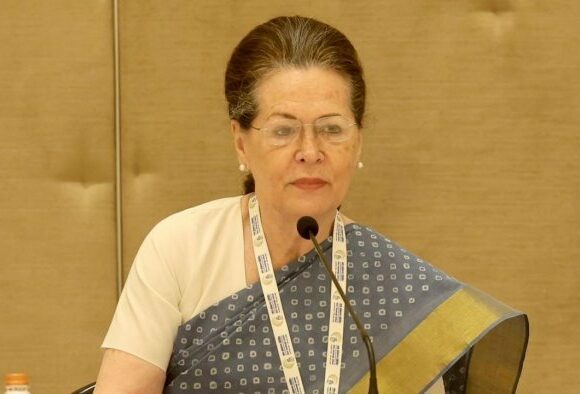INDIA LAGS IN ENTREPRENEURSHIP

Towards the end of 2012, India announced a new national manufacturing policy which aims at creating 100 million jobs in the next one decade. The policy proposes an ambitious increase in the share of the manufacturing sector in the country’s GDP from 16 per cent at present to 25 per cent by 2025. The imperatives driving the policy are clear. The fact is, we have a rapidly growing population of the young and educated whose rising expectations are a challenge that we must meet. We need millions of new jobs for the all young people who join the workforce every year.
Over the years, we have learnt it the hard way that the only sustainable way to generate employment is by empowering the private sector. In the past, we made repeated attempts to create employment by expanding the government or by employing a large workforce in public sector units set up with the express intention of creating jobs. All these attempts were failures and we are still living with the consequences. In Kerala, for instance, a large part of the state government’s revenue is consumed by salaries and pensions for its workforce, leaving little surplus for development or infrastructure. Therefore, there’s no denying that India needs entrepreneurship. We need a better understanding of the importance of entrepreneurs, and the ways in which they create jobs.
Entrepreneurship was held back
A combination of historical factors including the caste system, British occupation, our cultural values and, more recently, government regulations, have limited entrepreneurship in India. Some aspects of our values and beliefs run counter to entrepreneurship. For example, it’s been said that Indians believe that “being passive and content with the status quo is healthier for the inner soul than striving to improve one’s situation”. There’s also a widespread belief that peace of mind is better achieved from spiritual calm rather than from materialism. However, materialism is central to the idea of entrepreneurship. Entrepreneurship begins when you are not happy with what you have and with what others have to offer to you. It is a keen desire to strike out on your own and create something that you can call your own.
Moreover, the caste system reinforces the practice of following a family occupation rather than launching a new venture. Our leading entrepreneurs tended to get their start not because they had bright ideas but because they belonged to communities and families with a tradition in business. It has been rightly said that “entrepreneurship can develop only in a society in which cultural norms permit variability in the choice of paths of life.
Paradoxically, the breakdown of the caste system in modern times led, not to the flowering of entrepreneurial talent, but instead to a keen desire among the newly educated classes to acquire professional qualifications as a means of securing well-paid jobs.
This was perhaps the outcome of the way our political and economic system evolved in the days after Independence, with its emphasis on egalitarianism and overriding faith in public sector enterprises to promote prosperity. This socialist model now widely recognised as a failure because it only served to reinforce our poverty even as many of our Asian peers sped past us to become developed countries in their own right. Since then, particularly after the reforms of 1991, efforts have focused on changing the mindset in India regarding entrepreneurship and on creating entrepreneurs by giving people (especially the younger generation) the self confidence to become high achievers.
However, problems remain, especially in our attitude to failure which is unchanged. As a people, we still believe that it is better to have not tried than to have tried and failed. We do not have an appetite for risk and we don’t appreciate the simple truth that there can be no entrepreneurship without risk-taking. Indeed, our general aversion to risk—the comfort we draw from the safe path, or the tried and tested—remains the most serious impediment to the flowering of an entrepreneurial culture in the country.
(Shri V.P. Nandakumar is the MD & CEO of Manappuram Finance Ltd.)








